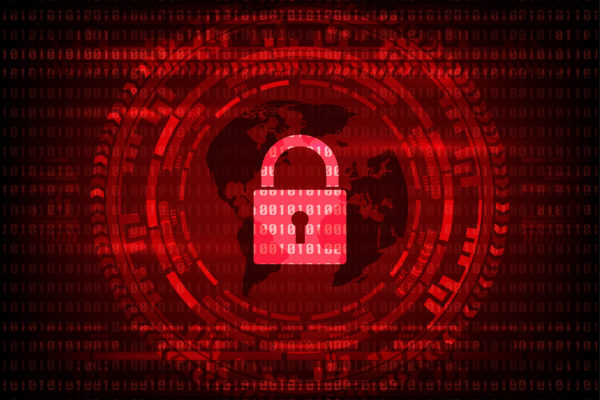The term cyber terrorism is a term coined for fear mongering by using cyber space. We all are aware of terrorism and we have worst examples of terror around the world, the 9/11 attacks are the biggest terrorist attacks of the recent years. When the bullying goes cyber it becomes terrifying on a different level. The people of England witnessed this in May 2017 when ransomware attacked main hospitals, and it literally made the system go bonkers.
Cybercrimes are unlawful activities, hacking of systems, manipulating the data, and using it illegally and threatening to attack government websites, etc.
So, are there any real threats to the US election system, which is now referred to as critical infrastructure? And will the attack on US elections or voting system be considered an act of terrorism.
The election system especially when the elections are taking place is an essential service, required to sustain the democracy and the people’s right to free and fair voting, according to the law in the country. An act of derailing this system will result in fear and instability, therefore, yes, any cyberattack on the electoral system of a country comes under the label of cyber terrorism.
Cyber terrorism can be induced by terrorist groups or it could be sponsored by other countries.
In 2016, Robert S. Muller filed the case in court and put these allegations that U.S president election was manipulated by Russia with the alliance of Donald Trump. These manipulations were reported in two ways, first was the well-spread disinformation through social media and the second one was the hacking and manipulation of results. U.S intelligence also reported that Russia had cyber-attacked U.S presidential election. But Muller failed to prove the connection between Russia and Donald Trump forces.
The Ukrainian election task force published an article recently claiming that Russia is expected to intercept the Ukrainian elections in March 2019. By terrorism to sabotage peaceful election process and to effect the results of voting. But this allegation was not proved in the elections that followed, however, civil unrest was noticed.
Another type of cyber crime is influencing peoples’ opinion through negative use of social media during or after elections, or spreading false rumors and leaking false news. Especially during election times, the internet is flooded with misinformation. This confusion can be easily converted into fear by the terrorist by spreading threats.
The department of home security had information before the 2016 elections of the possible cyberattack. Still the focus on deterring the cyber terrorism directed at the electoral system is not as great as it would have been if the attacks were directed at nuclear reactors or other resources. However, the according to the State Representative Sheila Jackson Lee the article H.R.52 is in fact a step towards addressing the possible cyber threats to 2020 US elections.
Considering her key role in the “Subcommittee of cyber security and infrastructure protection”, we can anticipate what she might know about the threats and if they are real.
Congress has a lot more to do to protect the integrity of our election system, there’s only a year left until the presidential elections of 2020.



